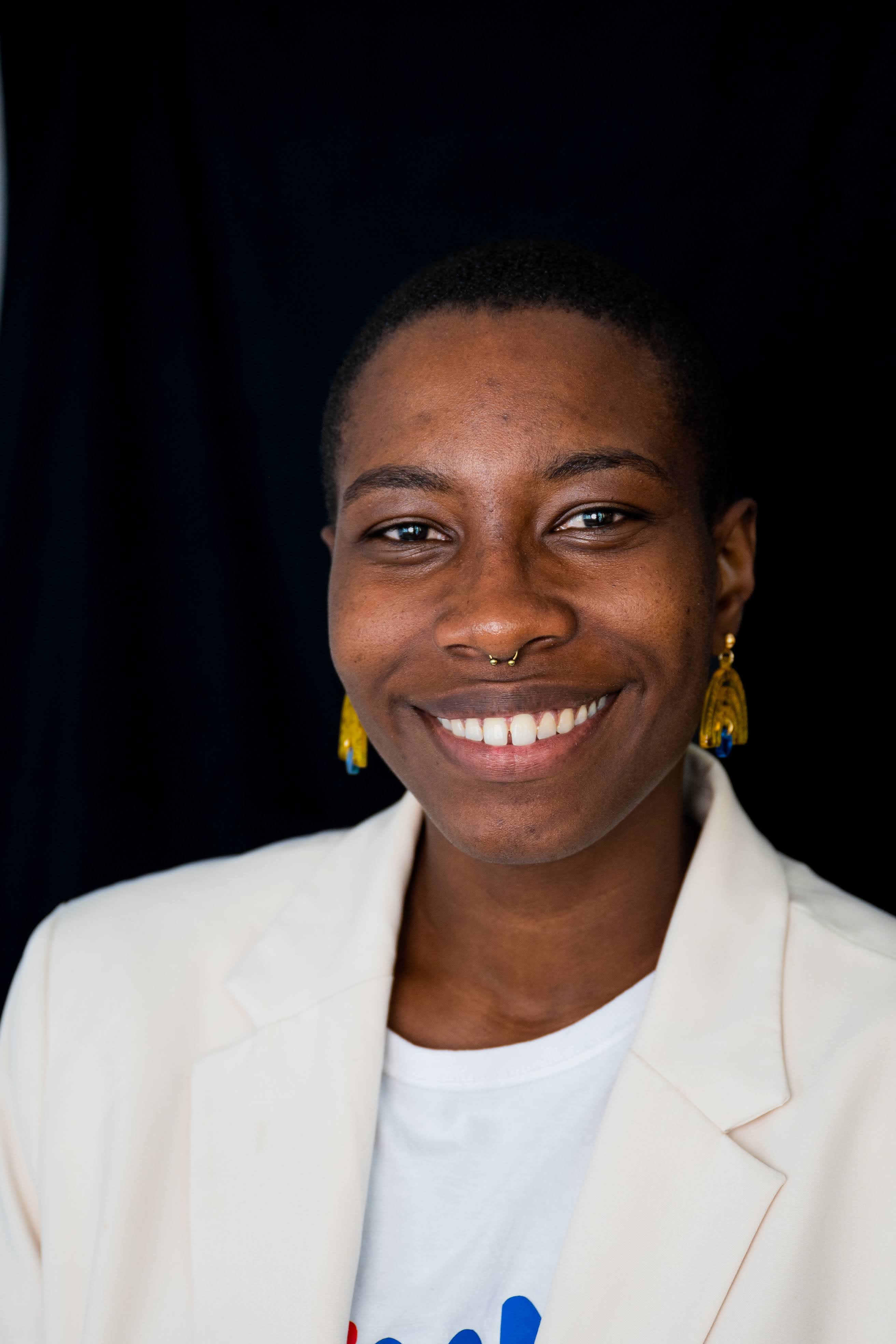
Ashlee Burnett is a Trinbagonian educator and researcher, serving as IPPF’s Global Lead on Comprehensive Sexuality Education; leading on CSE partnerships, evidence generation, and supporting MA-led initiatives like the Center of Excellence on CSE to deliver innovative programmes and youth-centered care. She holds an MSc Education Policy and International Development from the University of Bristol and has been awarded the Colin Robinson Hard Head Award for transformational activism in Trinidad and Tobago.
Articles by Ashlee Burnett

“I haven't done anything wrong”: The role of CSE in disrupting harmful stereotypes
The recently launched Netflix short series, Adolescence, brings to the fore a convergence of ongoing discourses that examine the impact of patriarchal, ultraconservative, misogynistic, and violent ideologies that sustains the so-called ‘manosphere’ – a digital ecosystem that radicalises young men and boys. Created by Stephen Graham and Jack Thorne, the short series seeks to understand the “why” behind the lead character, Jamie’s, actions that took the life of his female classmate, Katie Leonard during a violent encounter. By exploring incel culture, revenge porn, power and control, and mis/disinformation, the series tackles several issues that young people face in and out of school, as they navigate multiple, often conflicting sources of information. A key element of Adolescence is the evolution of online abuse and how new digital language outruns the awareness of school administrators, educators, parents, and caretakers. Misogyny does not only harm LGBTQIA+ people, girls, and women, but it also harms men and boys whose performance of masculinity diverges from dominant modern ideals. Jamie’s fixation on external validation led him to adopting harmful discourses taking place in digital arenas that validated and provided explanations for his experiences, namely the 80-20 rule (typically applied to business models as the Pareto Principle which examines outcomes and results) that states that 80% of women are only attracted to 20% of men. These digital communities' prey on young men and boys, misleading explanations for their perceived social failures. By reinforcing rigid notions of masculinity, defined by dominance, aggression, and violence, they cultivate an environment where men and boys internalise misogynistic ideologies, positioning any traits of feminisation as inferior and unworthy. These consequences are far reaching, serving as gateways to other forms of gender-based violence and gender inequalities.









